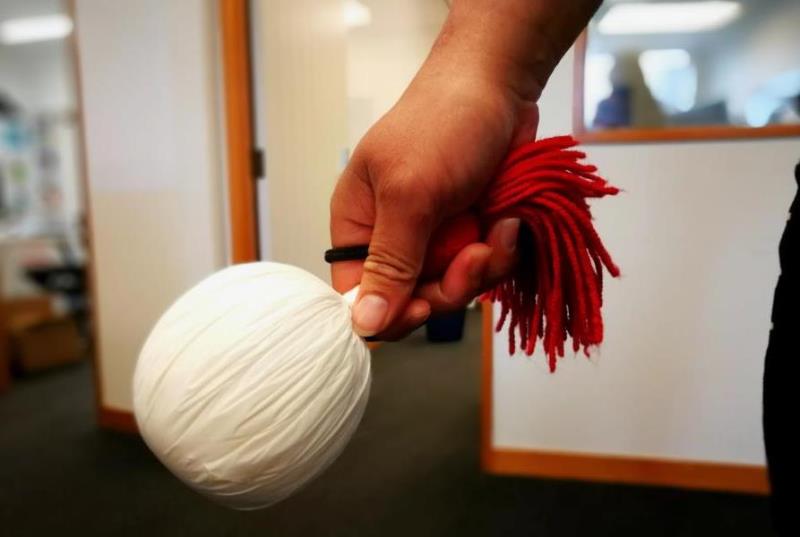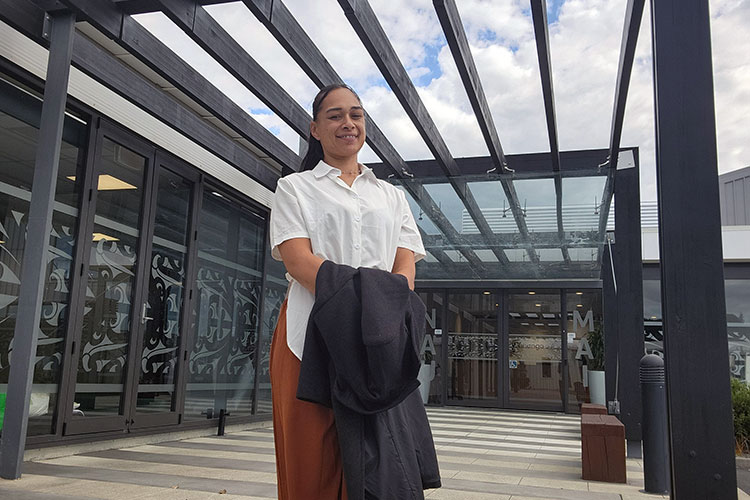Tauira at a womens prison are reconnecting with their taha Māori and further study through a Te Wānanga o Aotearoa performing arts programme.
The first cohort of the Kawai Raupapa Level 3 Certificate in Māori Performing Arts recently graduated at Christchurch Womens Prison.
For the tauira taking the 18-week programme it was an opportunity for them to learn about Māori myths and legends, whakapapa, mana whenua, turangawaewae, whakataukī and waiata.
And for the majority of them it was also a chance to reconnect to their taha Māori while learning valuable skills that will set them up for further tertiary study.
Kaiako Anania Tawhi said many of the tauira knew little about their taha Māori before starting the programme.
“That was the good thing for me to see - the awakening of the mind,” he said.
Anania said the course sparked the tauira into learning and all of the women would return to class every Monday to Thursday for four hours a day without fail.
“One of the tauira wasn’t Māori but her desire and determination to learn the reo helped her to get on the right path. Some of them wanted to jump on board to get their Māori Performing Arts certificate but others did the programme to get straight to work when they get out.”
Lynda Harbord, who is Team Lead - Educational Services Corrections, said Corrections staff were pleased with the tauira outcomes and noticed how tauira taking the programme were focused in their study.
Anania said it was also easy to see an increase in pride among the tauira.
“You could see it in the way that they walk and speak, even though the majority of that is in English,” he said.
“The best thing is that they now really know know their identity. For me I can sleep well at night in the knowledge that our Māori language is alive and well in these tauira and within this prison.”
At the graduation, the tauira displayed their portfolios of work and were asked to perform in front of their whānau, Corrections officers and others from within the community.
A second cohort began at the start of Semester B at the prison and the programme looks likely to run into the future.




































